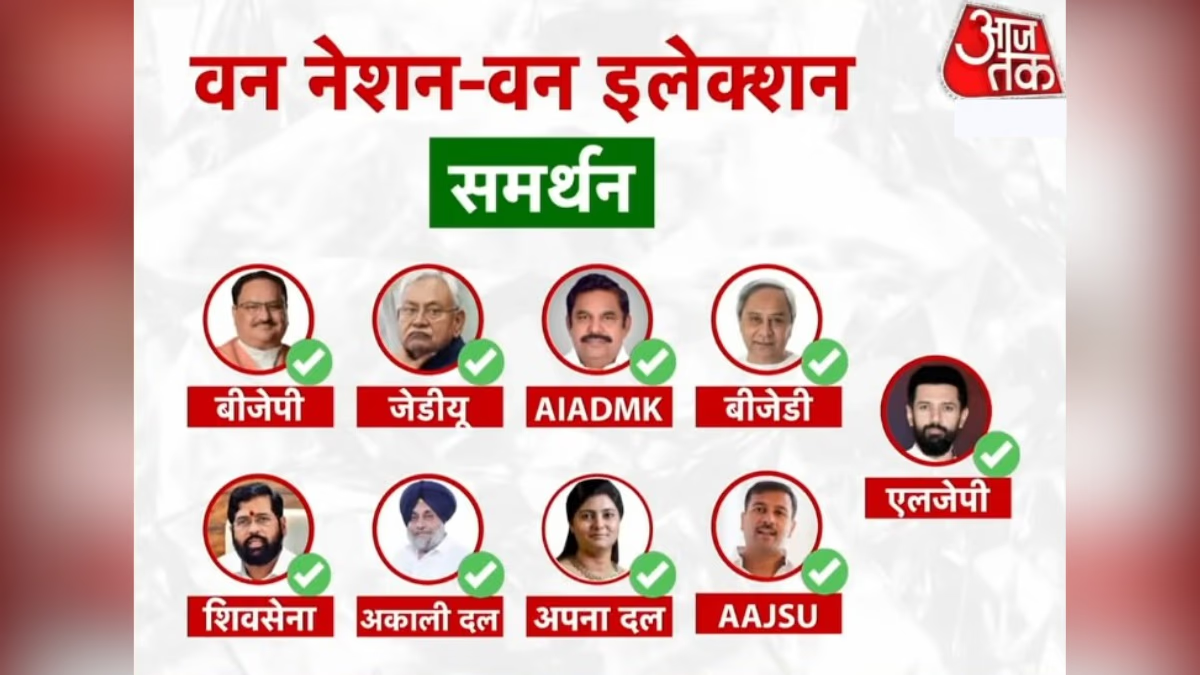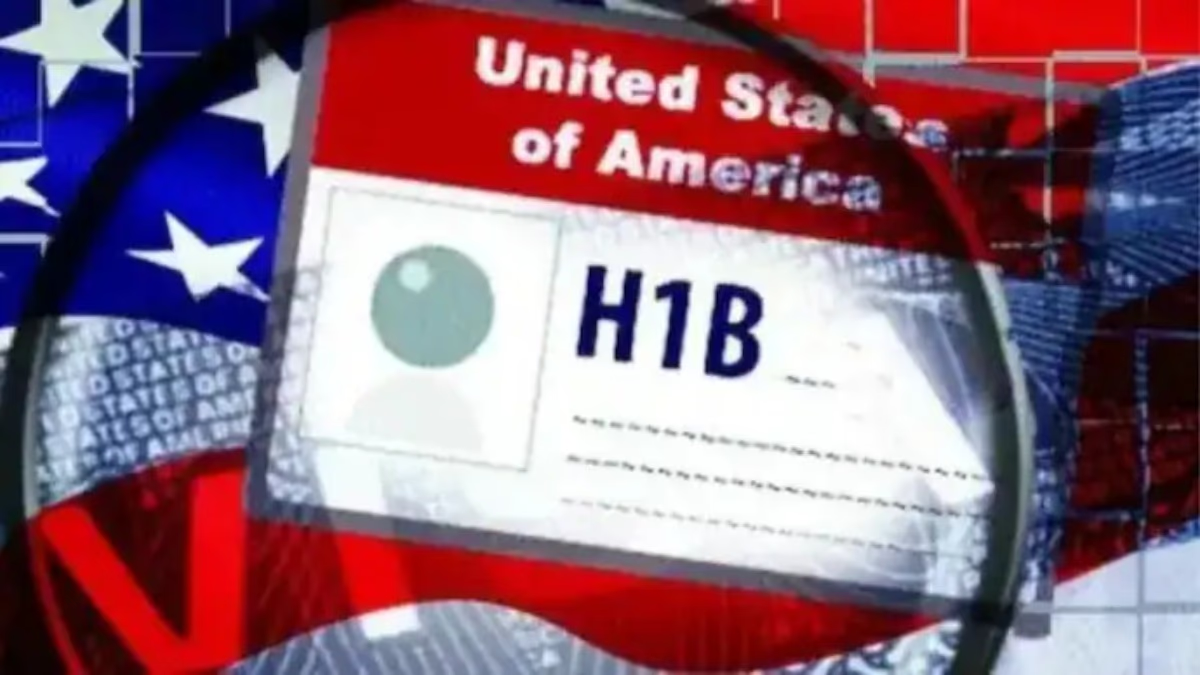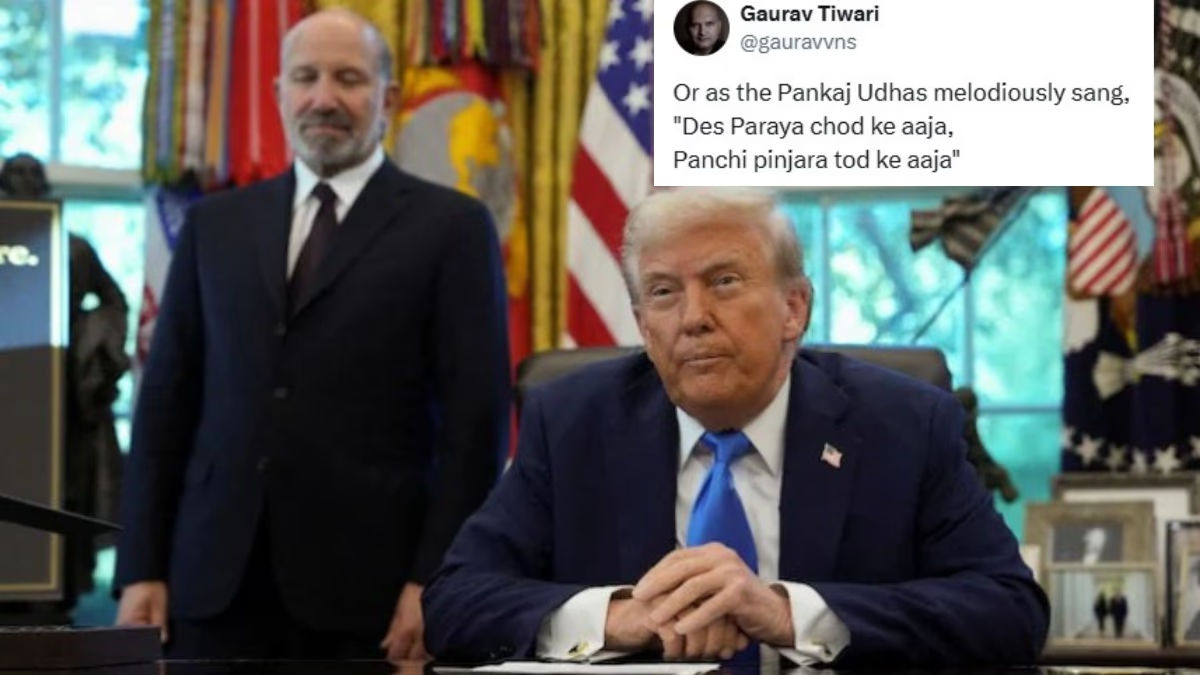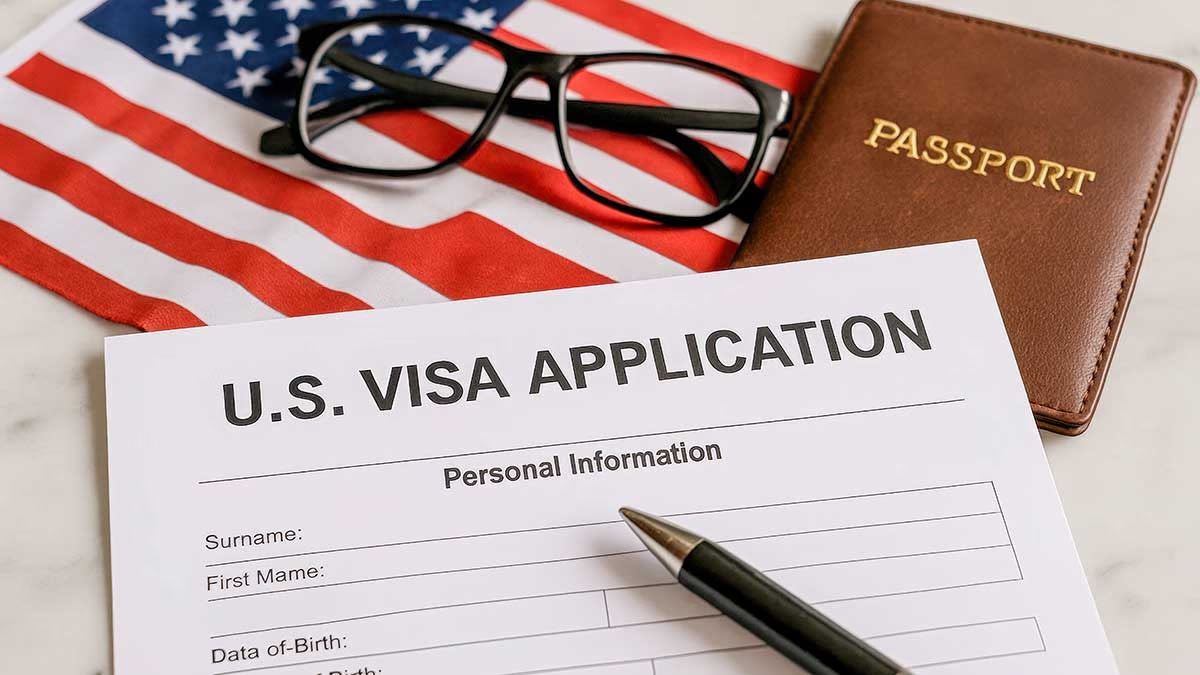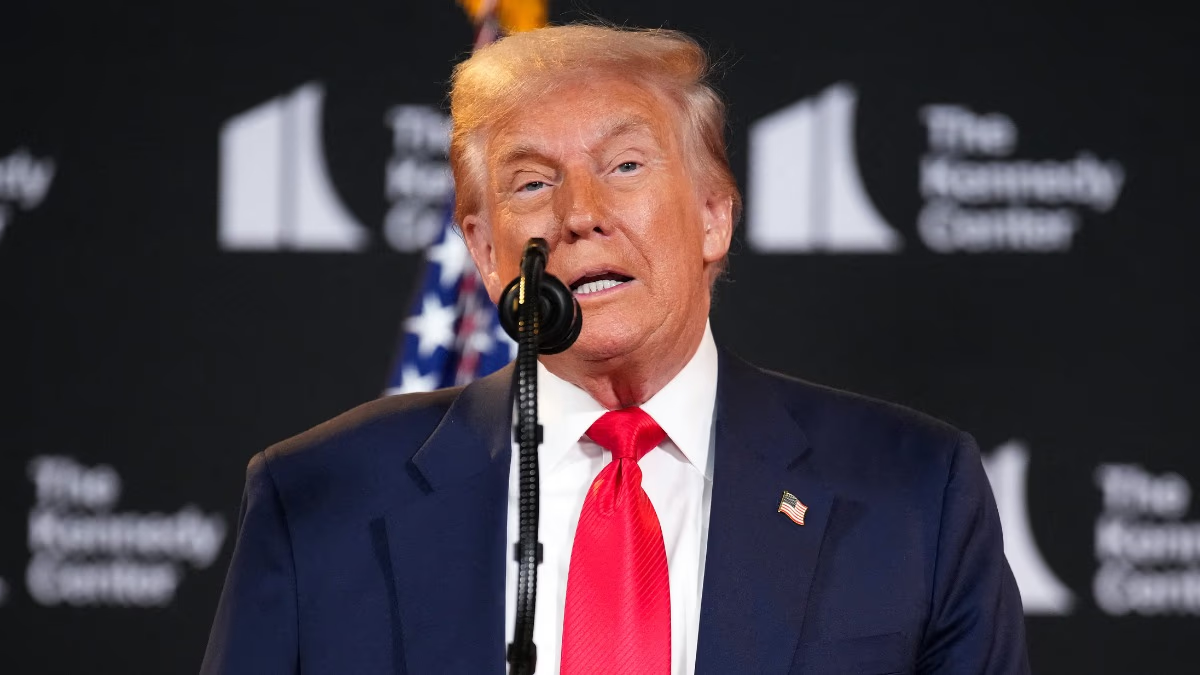To explore the possibilities of 'One Nation, One Election,' the Modi government established the Kovind Committee. Today, the Modi Cabinet has approved the committee's recommendations, paving the way for possibly introducing a bill in the winter session. If passed, by 2029, both Lok Sabha and Vidhan Sabha elections could be held simultaneously across the nation.
According to the Kovind Committee's proposals, the first phase would involve Lok Sabha and Vidhan Sabha elections, followed by local body elections within 100 days. However, the opposition argues that 'One Nation, One Election' is not feasible. The question remains, can a single election be conducted nationwide? If yes, how?
Prime Minister Modi is preparing to fulfill his promise made at the Red Fort in his first address. The path to conducting all elections simultaneously is gradually becoming clear. The Modi Cabinet has approved the report of the Kovind Committee on 'One Nation, One Election.' Meanwhile, the Congress believes that a single election across the country won't work.
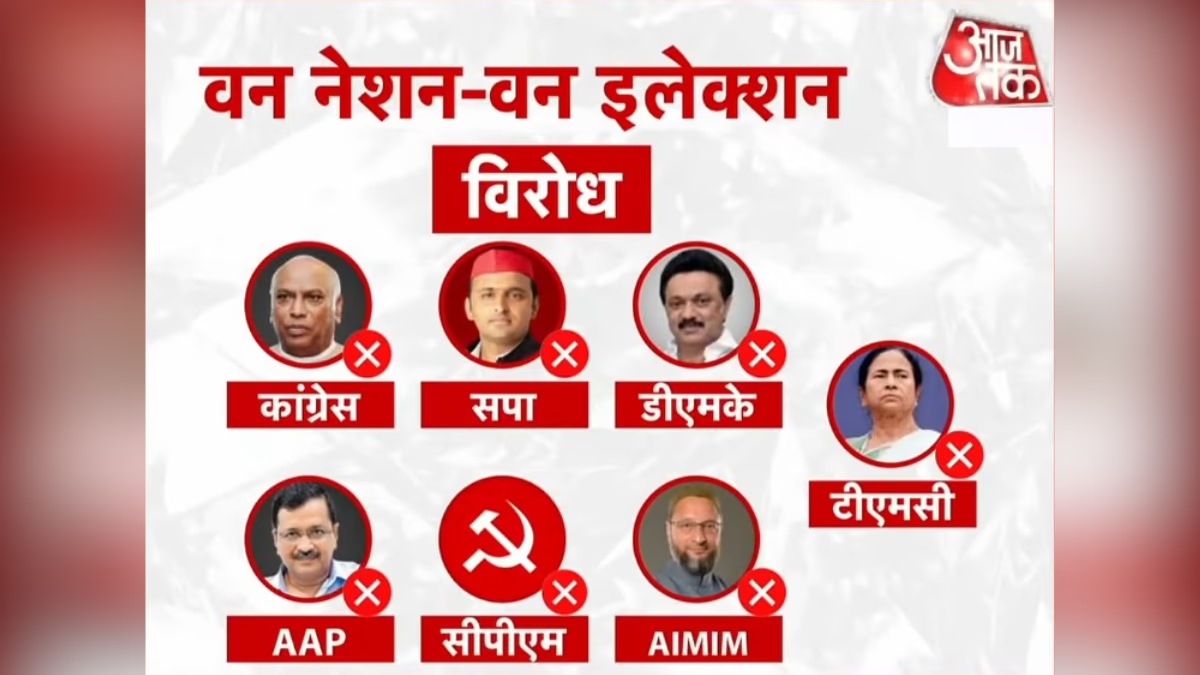
Source: aajtak
Notably, to deliberate on 'One Nation, One Election,' the Modi government formed a committee under the chairmanship of former President Ram Nath Kovind last September. This year, the committee submitted an 18,626-page report to President Droupadi Murmu in March. The following proposals were included in the report:
1. Extend all state legislatures' terms until the next Lok Sabha elections in 2029. 2. If a majority is not achieved and a no-confidence motion is passed, elections could be held again for the remaining term of five years. 3. Conduct Lok Sabha and Vidhan Sabha elections in the first phase. 4. Local body elections will be conducted within 100 days in the second phase. 5. A common electoral roll will be prepared for all elections. 6. Advance planning of equipment, manpower, and security forces is recommended for conducting simultaneous elections.
Challenges in Implementing 'One Nation, One Election'
After 100 days of Modi 3.0, the government’s bold stance comes to the forefront. The government's efforts for 'One Nation, One Election' are clear while the opposition poses its questions. It is undeniable that implementing 'One Nation, One Election' presents challenges, but no challenge is unbeatable when it comes to the country's benefit.
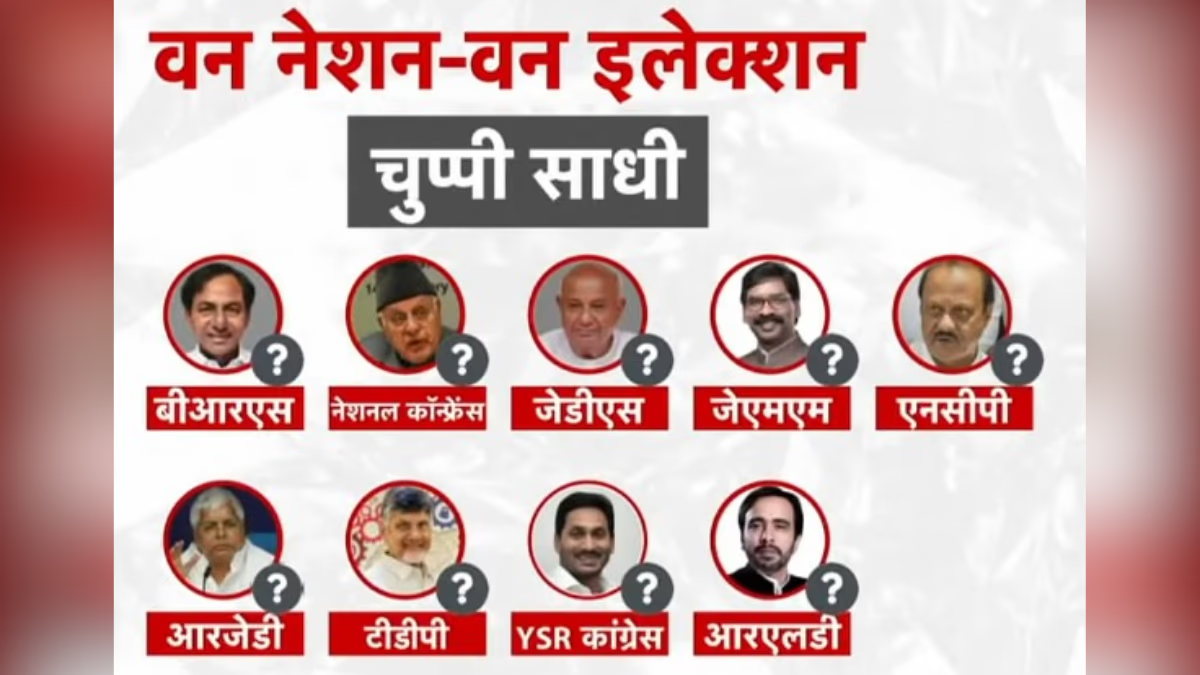
Source: aajtak
Opinions From 62 Political Parties Gathered
The committee sought opinions from 62 political parties to prepare its report on 'One Nation, One Election.' Out of these, 32 supported the proposal, 15 opposed it, and 15 refrained from giving a response. While JD(U) supported the bill, Chandrababu Naidu's party didn't provide an opinion. Additionally, Mayawati has supported it.
